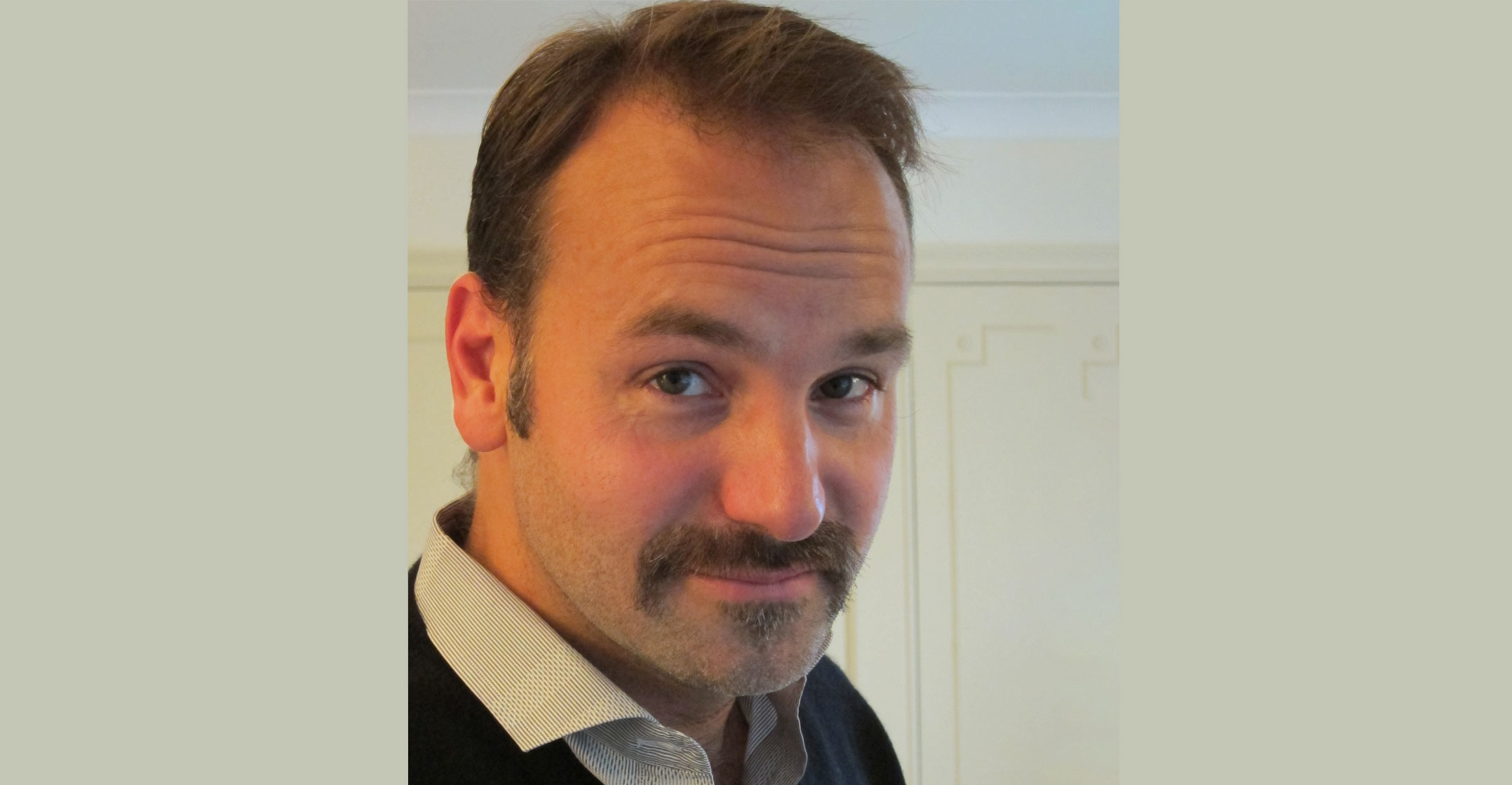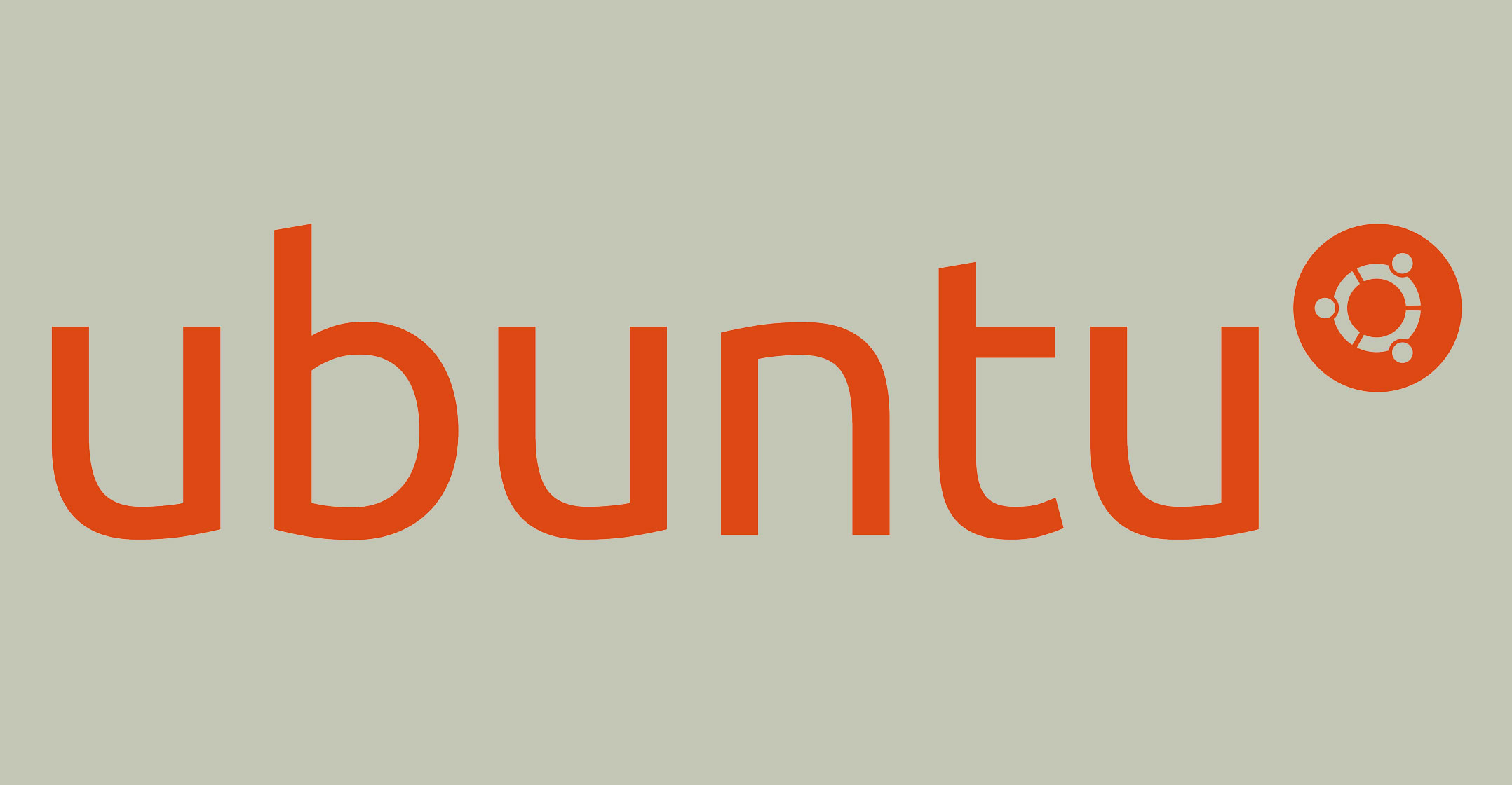
He’s best known for being the world’s first “Afronaut”, but since returning to Earth from his 2002 trip on Russia’s Soyuz TM-34 rocket ship, Cape Town native Mark Shuttleworth set about with the conquest of a much more lucrative universe: the Internet of things.
Shuttleworth created Ubuntu, an open-source Linux operating system that helps connect everything from drones to thermostats to the Internet. His company, Canonical Group, makes money from about 800 paying customers, including Netflix, Tesla and Deutsche Telekom, which pay for support services. Its success has helped boost his net worth to US$1bn, according to the Bloomberg Billionaires Index.
“It’s destructive to be too focused on that,” Shuttleworth said of his wealth in an interview at Bloomberg’s office in Boston. “It’s just a distraction from whether you have your finger on the pulse of what’s next.”
What’s next for the 44-year-old mogul is ensuring Ubuntu is the base language used across the Internet of things, where end-point devices such as televisions and cars have their own programming and cloud connectivity.
Canonical sees as many as three million downloads of its software and 50m security updates each day, and because Ubuntu is free and doesn’t require registration, the company isn’t sure how many devices are running on it today.
“Canonical may not be as big as Red Hat, but there are probably areas Red Hat isn’t doing as much work in, so there is opportunity there for somebody to come in and fill those gaps,” said Tim Klasell, Senior Research Analyst at Northland Securities. “Those gaps have become big enough because Linux has become big enough.”
Red Hat is the biggest Linux provider and Ubuntu “is a close second”, said Mandeep Singh, an infrastructure software analyst with Bloomberg Intelligence. “Amazon, Google and pretty much every large tech company which has developed their cloud in-house uses Ubuntu or one of the other open-source guys.”
Revenue
Canonical had revenue of $92m in 2016, a 61% increase from a year earlier, according to Gartner Group, a technology research firm. Shuttleworth declined to confirm those figures.
Shuttleworth was raised in Cape Town, where his father was a surgeon. After graduating from the University of Cape Town in 1996, he started Thawte Consulting, which quickly became one the largest online providers of digital certificates, which are used to help prove that websites are legitimate. In 2000, he sold Thawte to VeriSign for $575m in stock. He cashed out the shares ahead of the dot-com bust, probably making more than $700m, according to data compiled by Bloomberg.
Flush with cash and nurturing a lifelong fascination with the cosmos, Shuttleworth became the second person, after Wilshire Associates founder Dennis Tito, to pay Russia $20m for a ticket to space. He trained for a year in Russia and with Nasa to qualify as one of three crew members on a mission to the International Space Station in 2002. During the 10-day odyssey, the first African in space conducted experiments he commissioned and spoke to Nelson Mandela.

Back on Earth, he formed an Africa-focused technology venture capital arm, HBD, relocated to tax-friendly Isle of Man and funded a foundation that provides grants to idealistic entrepreneurs. In 2004, he started programming Ubuntu as an open-source project and formed Canonical to explore business prospects arising from it.
“It gave me the luxury of being able to focus on the things I thought were really meaningful and interesting and deep,” Shuttleworth said. “Open-source software is deep. You have to get under the hood a little bit, then you realise it is everywhere. It is defining innovation today.”
For years, the company used Linux to provide all sorts of applications, including trying to supplant desktop and phone operating systems. Earlier this year, Shuttleworth canned those efforts to turn his 500 employees to supporting and expanding Canonical’s paying Ubuntu client base. Almost every employee works remotely, in more than 400 cities. Teams meet in person every quarter and, as needed, employees converge on client sites.
Shuttleworth, who remains the company’s sole owner, said he aims to take it public within five years.
“The vision for Canonical is to provide the platform that you see everywhere other than the personal domain. We won’t make a dent in phone or PCs. But pretty much your entire data centre runs Linux and every other thing in the room is running Linux,” Shuttleworth said. “Can we help deliver that innovation and do it in a format that is secure, reliable and very, very cheap? That’s an interesting set of challenges.” — Reported by Brendan Coffey, (c) 2017 Bloomberg LP

